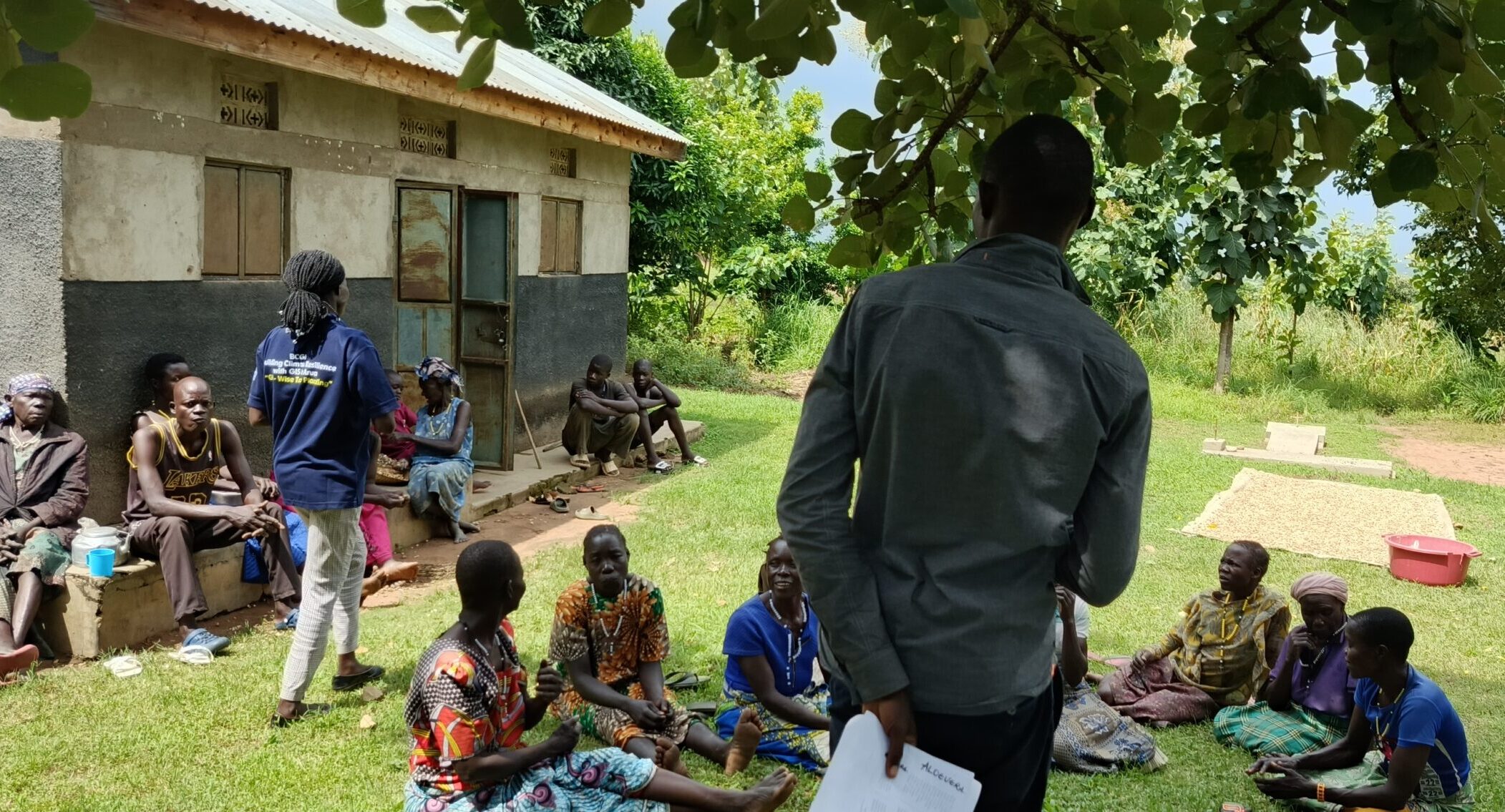During a recent village meeting in Arua, an elderly farmer challenged our young team: “You university people think you know everything, but my grandfather grew food without your chemicals and machines.” He wasn’t wrong – and that conversation sparked our most innovative project yet.
Our MUNIRIF research, funded by Muni University’s Research and Innovation Fund, is proving that Indigenous Microorganisms (IMO) – naturally occurring soil organisms – can replace expensive and harmful chemical pesticides. We’re essentially rediscovering what traditional farmers knew all along: nature provides its own pest management system.
The Ancient Solution to Modern Problems
Before chemical agriculture, farmers worldwide relied on beneficial microorganisms to protect their crops. These tiny allies – bacteria, fungi, and other soil organisms – naturally suppress harmful pests while promoting plant health.
Our research focuses on isolating, multiplying, and applying these indigenous organisms in ways that modern farmers can easily adopt. The process is surprisingly simple:
- Collection: Identifying healthy soil areas rich in beneficial microorganisms
- Cultivation: Creating conditions for these organisms to multiply rapidly
- Application: Developing spray solutions and soil treatments that farmers can prepare themselves
- Monitoring: Tracking pest reduction and plant health improvements
Results That Speak
Early trials show remarkable results. Farmers using our IMO preparations report significant reductions in common pests without the environmental and health risks associated with chemical pesticides. Better yet, the cost is a fraction of conventional pest control methods.
But the benefits go beyond pest management. Plants treated with IMO solutions show improved nutrient uptake, stronger root systems, and better resistance to drought stress – crucial advantages as climate patterns become less predictable.
Learning from Indigenous Communities
Our work with indigenous communities in West Nile has been particularly enlightening. These communities never fully abandoned traditional farming practices, maintaining knowledge systems that commercial agriculture often overlooks.
During our tree seedling distribution program, elders shared techniques for enhancing seedling survival using natural soil amendments. Their methods, when analyzed scientifically, revealed sophisticated understanding of soil biology that modern agriculture is only beginning to appreciate.
Scaling Traditional Wisdom
The challenge isn’t proving that traditional methods work – it’s making them accessible to farmers who’ve been taught to depend on external inputs. Our training workshops combine scientific explanation with practical demonstration, helping farmers understand both the ‘how’ and ‘why’ of IMO application.
We’re developing simple protocols that any farmer can follow: how to identify good collection sites, what materials are needed, optimal preparation times, and application schedules. The goal is making this technology as easy to use as traditional farming methods while being as effective as modern alternatives.
The Environmental Victory
Every farmer who adopts IMO reduces chemical runoff into our water systems, decreases soil degradation, and supports biodiversity. These individual choices aggregate into landscape-level environmental restoration.
Our GIS mapping helps identify areas where IMO adoption would have the greatest environmental impact, allowing us to prioritize training and support efforts for maximum ecosystem benefit.
Looking Forward
As we expand this research, we’re documenting not just what works, but why it works. This knowledge will inform policy recommendations, training curricula, and future research directions.
We’re also exploring how IMO practices can integrate with other climate-smart techniques: agroforestry, water harvesting, and crop diversification. The goal is creating farming systems that are productive, profitable, and environmentally regenerative.
The Partnership Opportunity
Traditional knowledge holders and scientific researchers need each other. Our success comes from respecting both perspectives, creating space for dialogue, and designing solutions that honor the wisdom of experience while embracing the precision of modern science.
Interested in learning IMO techniques? Join our upcoming workshops or contact us to discuss bringing this training to your community.

